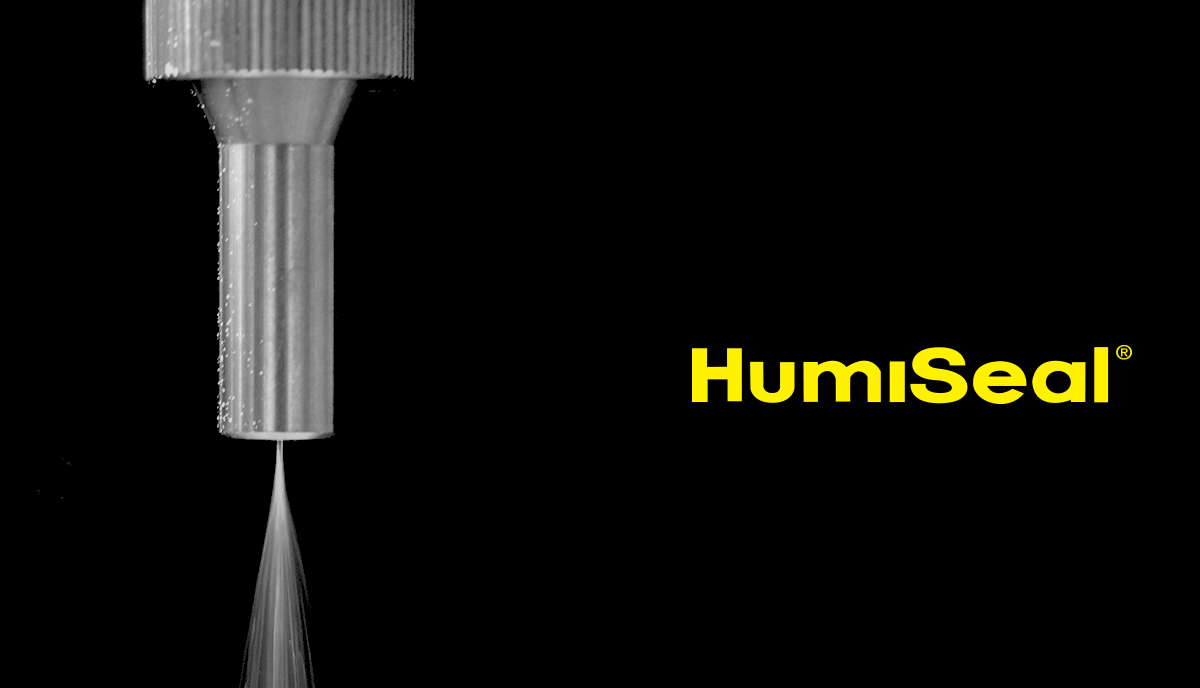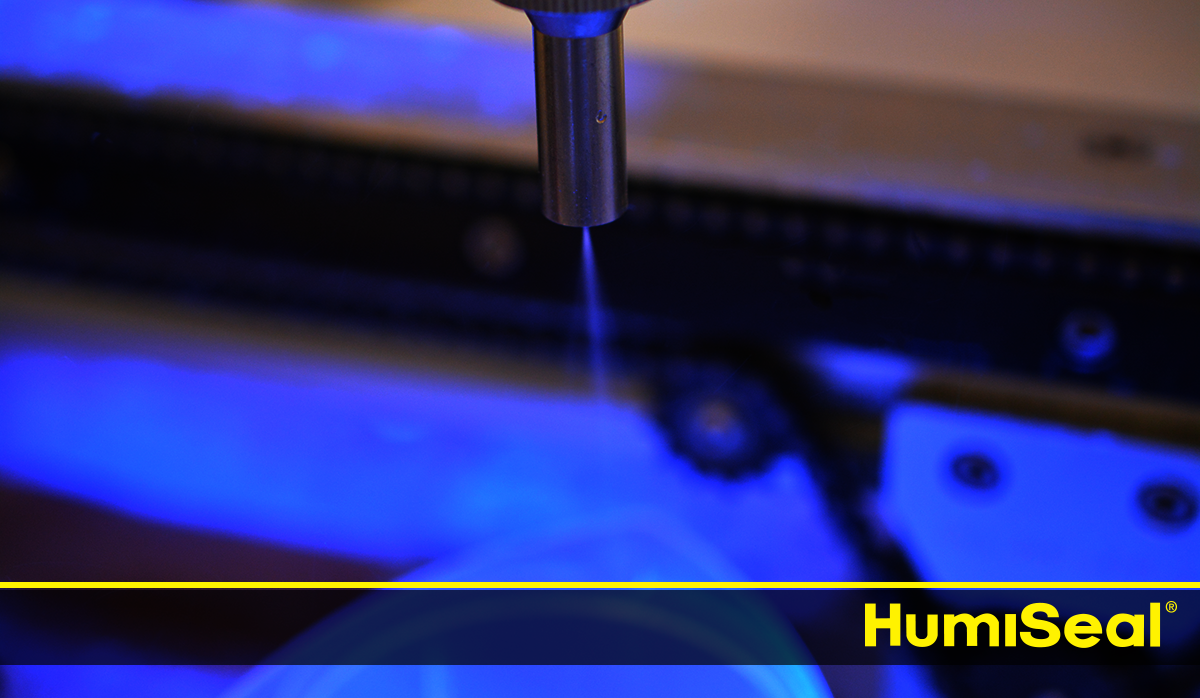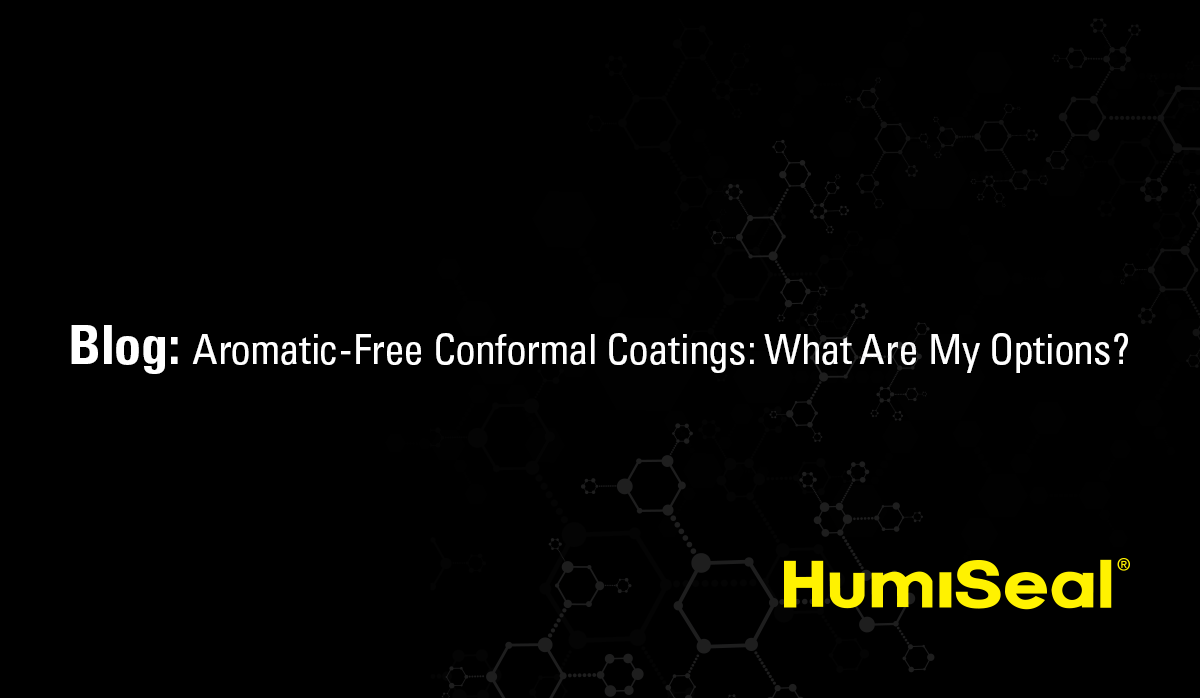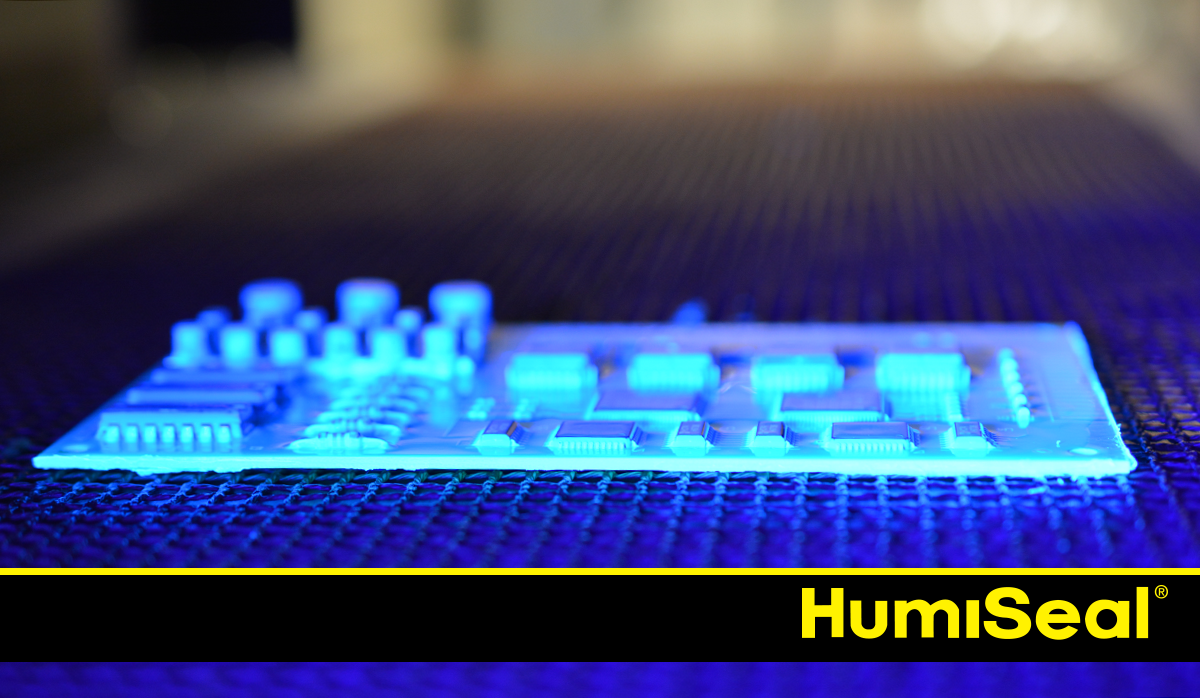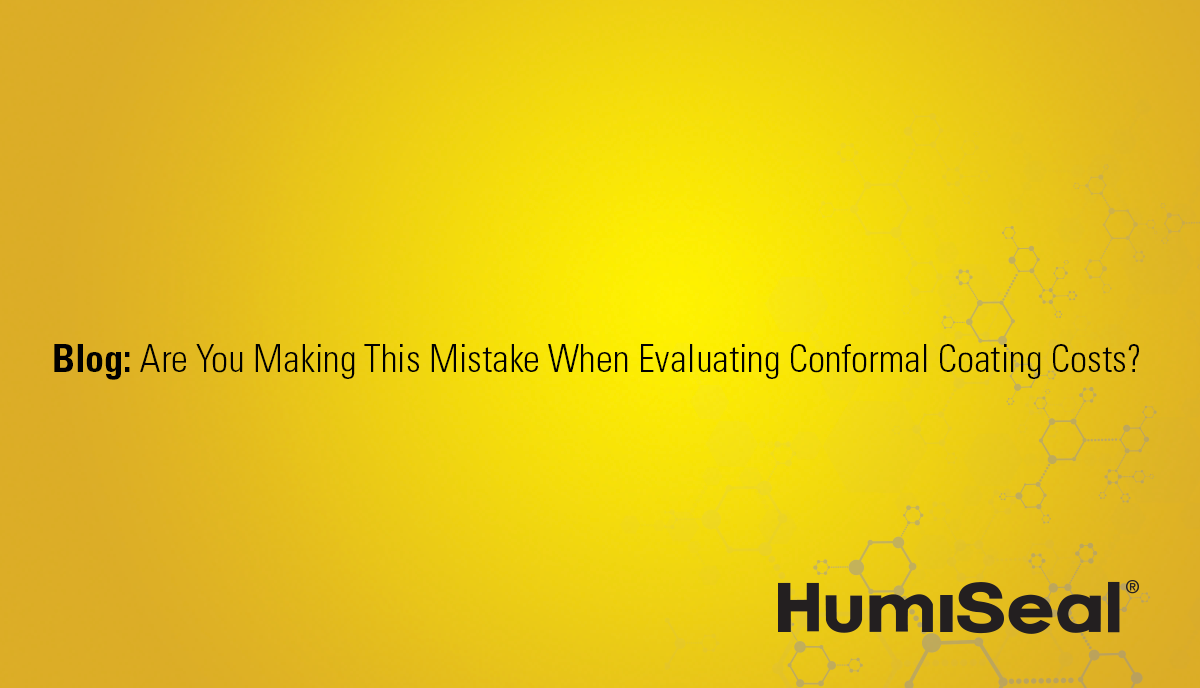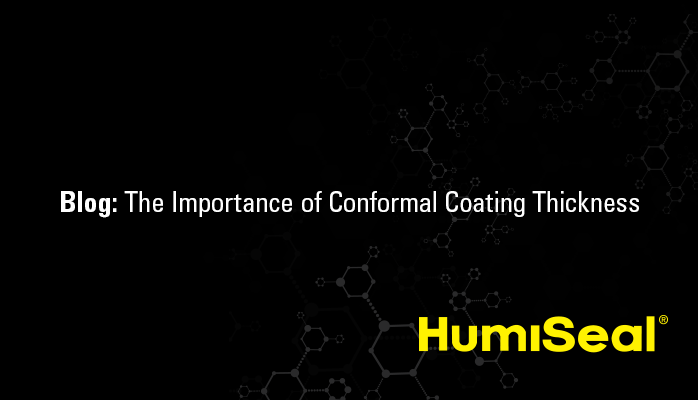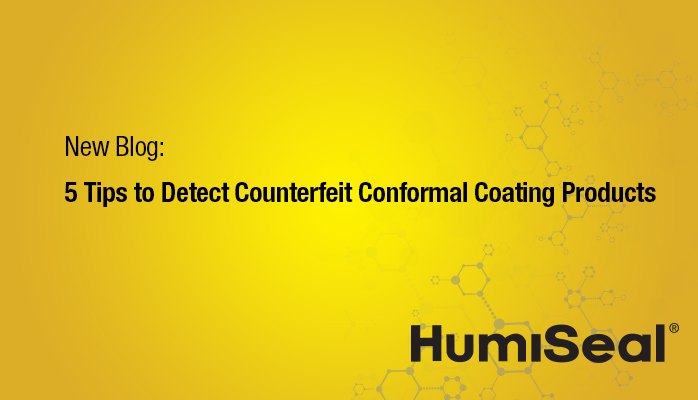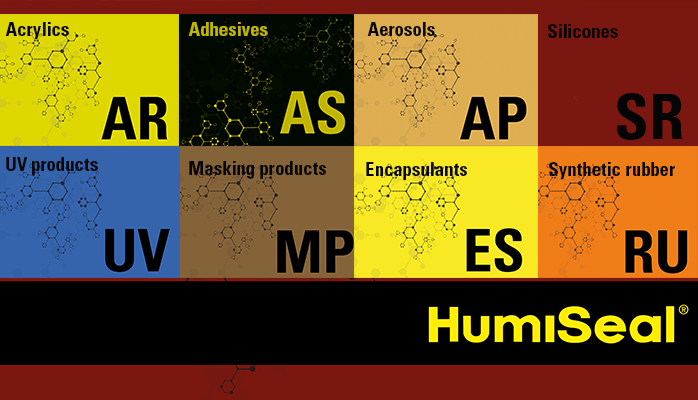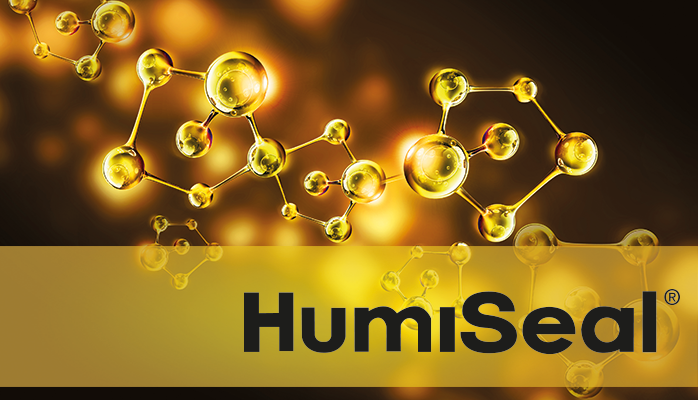The past few years have seen the introduction of a number of thinner-film circuit board protection products of various chemistries, many of which have been generically termed “nano-coatings” by manufacturers despite confusion regarding what this really means. There is no clear definition of a nano-coating as it relates to printed circuit boards, and the product offerings vary from vacuum-deposited films and microparticles of single digit nanometer thicknesses to more robust performing products with thicknesses in the hundreds of nanometers. It is critical to manufacturers that the properties of true nano-coatings be compared to more traditional protection technologies so an accurate evaluation can be made.
When and How to Clean/Flush Selective Coating Equipment
Much time and planning are invested in the choice of the ideal conformal coating material and process to adequately protect your printed circuit boards. This often includes multiple qualification trials. There is also what can be long and detailed testing in areas such as electrical performance, flame resistance, and thermal or mechanical cycling. Unfortunately, the qualification and testing process for conformal coatings is simply a snapshot of the process at the start. In order to maintain consistency, there remains an often-overlooked activity: regular cleaning and flushing of your selective conformal coating equipment.
Aromatic-Free Conformal Coatings: What Are My Options?
Xylene and Toluene. Two words that can evoke concern and add to paperwork for environmental health and safety departments and manufacturing professionals. Aromatic solvents have been safely used for decades by employing basic safety equipment including gloves, masks, and proper workplace ventilation. Nevertheless, concerns for maximizing employee safety and minimizing effects on the environment have led electronics manufacturers to seek out alternatives. For over 20 years, HumiSeal® has supplied a wide-ranging group of aromatic-free products across all traditional chemistries to manufacturers for whom these concerns are critical.
Topics: Conformal Coatings, conformal coating application, Aromatic Free
Get on the Right Wavelength with LED Curable Conformal Coatings
The evolution of conformal coatings for protection of PCBs and electronics has accelerated over the past few years. One development in particular has increased in popularity due to a promising array of advantages over its predecessors. These are LED Curable Coatings.
A partial list of existing technologies for conformal coatings would include:
- acrylics (both solvent and water-borne)
- solvent-borne polyurethanes
- silicone-based polymers
- synthetic rubber (solvent-borne)
- Parylene technology
- UV-curable acrylated urethanes (arc and microwave bulb source)
and most recently . . .
Topics: UV Curable (Type AR/UR), LED technology, Conformal Coatings
Are You Making This Mistake When Evaluating Conformal Coating Costs?
Picking a Conformal Coating
You and your organization have spent weeks or months researching conformal coatings to meet the demanding specifications of your customers. These can include factors such as dielectric strength, thermal and mechanical shock properties, processing considerations, and so on. At some point, the critical consideration of price and cost must be added to the equation. The amalgamation of cost and performance could be considered a measure of the true value of any specific coating.
Topics: Conformal Coatings, conformal coating application, Conformal Coating Costs
The Importance of The Conformal Coating Thickness
Conformal coating thickness is one of the most important characteristics to ensure long-term reliability of your electronics. A minimum coating thickness is essential to provide the required function of the conformal coating, but if a conformal coating application is too thick, it can actually have negative effects on your level of protection.
Which conformal coating thickness should be applied to reach optimal protection?
5 Tips to Detect Counterfeit Conformal Coating Products*
For decades, HumiSeal products have been considered the “gold standard” in electronics protection. As a result, it is no surprise that unscrupulous chemical manufacturers have been continuously trying to profit from this reputation through the production of copycat or counterfeit products. While imitation is considered the sincerest form of flattery, the use of counterfeit materials is a serious danger to the integrity of your electronics production.
Topics: Conformal Coatings, counterfeit
Optimizing Conformal Coating Flow Rates to Save Time and Money
In a previous blog “How to Save Time and Money by Measuring the Right Amount of Viscosity,” viscosity was described as critical to the conformal coating process. This post will cover some of the technical details related to coating flow rate and the significant potential for savings of both time and money for PCB manufacturers.
Topics: Conformal Coating Process, conformal coating application, Humiseal Blog, Flow rates
For many electronics manufacturers, the original justification for specifying a silicone coating is lost deep within the mists of time and it may be time for a re-evaluation and consideration of the question,
“Do we really need a silicone conformal coating?”
Humiseal® remains in a uniquely qualified position to help you answer this question. Unlike many coatings sources, Humiseal offers a full line of all the major conformal coating technologies including acrylics, urethanes, synthetic rubbers, water-borne, and yes; silicones. As a result, you can be certain of an unbiased approach to product evaluation that will result in the most cost-efficient material to meet your needs.
There are a number of factors to consider when evaluating your application to answer whether there is really a need for silicone technology:
4 Tips to Successfully Apply Two-Component Epoxy Adhesives
Consisting of a resin and a hardener, a two-component epoxy can be formulated to offer a wide range of mechanical, thermal and electrical properties. While mix ratios differ, they all offer the ability to cure at ambient temperatures or elevated temperatures for faster cures. Here are a few tips to help you mix and apply your two-part epoxy.
Topics: Epoxy Adhesives, Adhesive Solutions

